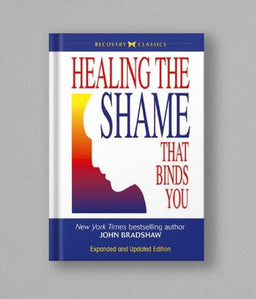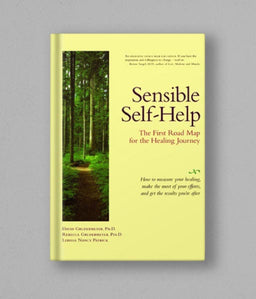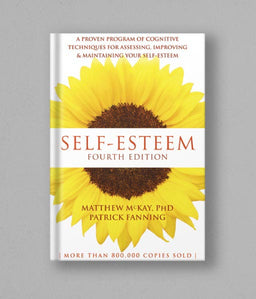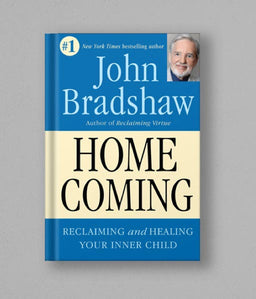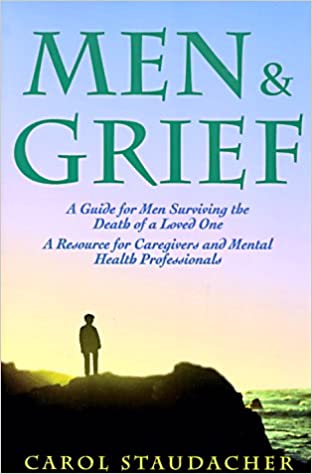
Men & Grief by Carol Staudacher
This was not an easy book for me to read. I found myself becoming emotionally invested several times throughout the book, and had to stop to recollect my thoughts. Ms. Staudacher wrote the book as A Guide for Men Surviving the Death of a Loved One, and A Resource for Caregivers and Mental Health Professionals. I
found the information invaluable in both aspects. The book covered topics such as the typical male response to grief, special challenges of specific losses, and ways to work through your grief.
 The chapter on Experiencig, Loss During Boyhood and Adolescence was the most meaningful for me. I felt Ms. Staudacher wrote that chapter with me in mind. Reading it brought back many memories of how I felt and saw the world after my father died. In a way, it was also relieving to be able to read that many of my grief responses were actually normal for such an abnormally traumatic event.
The chapter on Experiencig, Loss During Boyhood and Adolescence was the most meaningful for me. I felt Ms. Staudacher wrote that chapter with me in mind. Reading it brought back many memories of how I felt and saw the world after my father died. In a way, it was also relieving to be able to read that many of my grief responses were actually normal for such an abnormally traumatic event.
Of significant importance to me is how I believed I was supposed to act and feel after he died. I remember believing there was no one I could turn to for solace or comfort. Ms. Staudacher states that many males, when faced with providing comfort to the young regarding death, actually say the wrong things that only further contribute to the adolescent's already confused state of mind. For example I remember some of my uncles were almost philosophical in stating why my father had died, expressing their thoughts in religious terms that only made me feel word. Other male adults would only ask me how my mother or younger siblings were doing, with the unspoken message that I better be doing good because I was the eldest child. I realize today that the best thing to do for an adolescent at that age is to just listen to them, and let them know that it is okay to hurt and to cry. I had been unable to tell anyone that I hurt, and instead just suppressed those emotions, which only hindered my natural grief and healing process. I believe it took over twenty odd years to start to heal properly; I have only come to terms with my father's death within the last two years. Hopefully if I am ever faced with providing support for somebody else experiencing loss, I can remember some of Ms. Staudacher's great suggestions.

